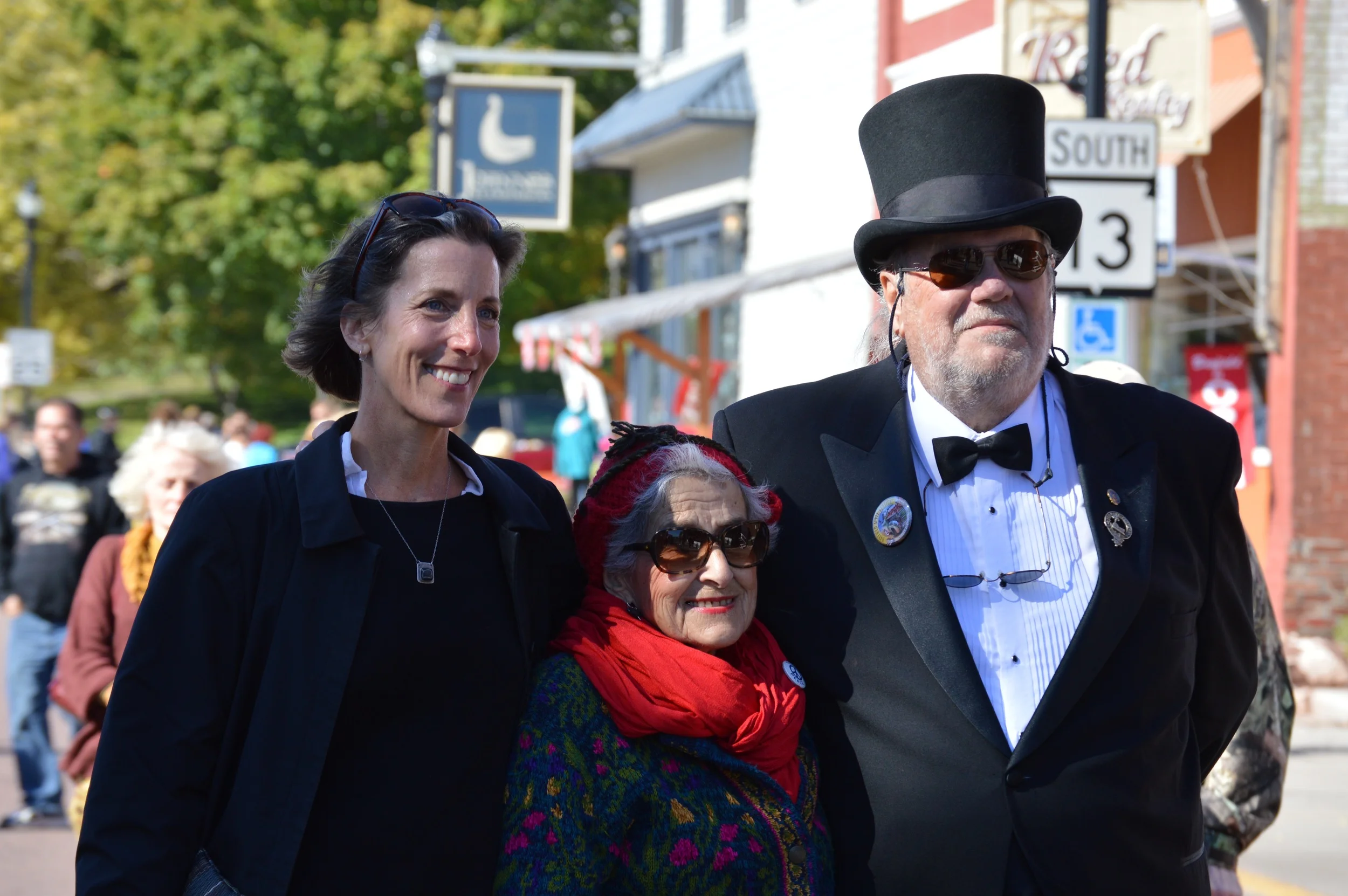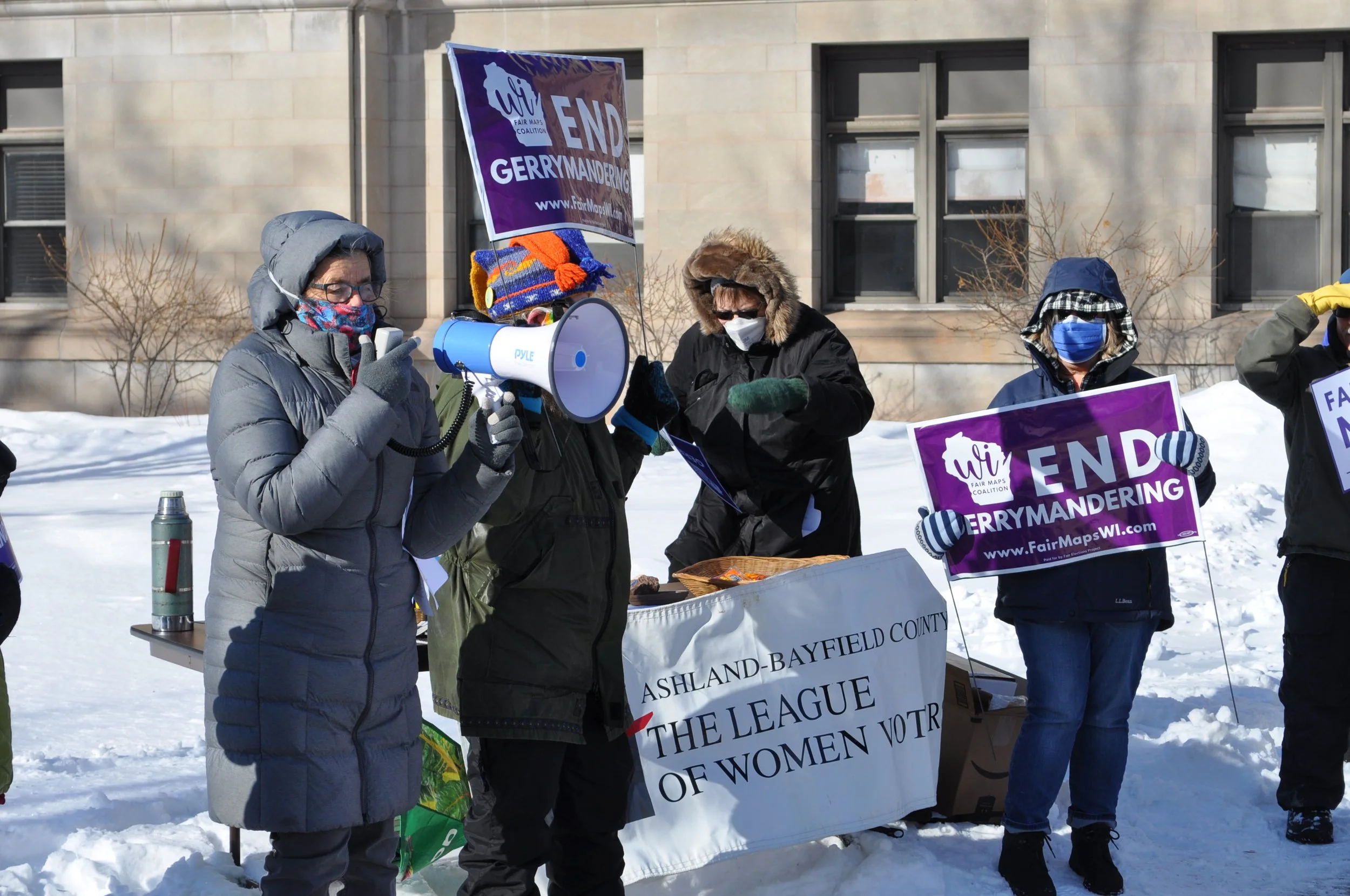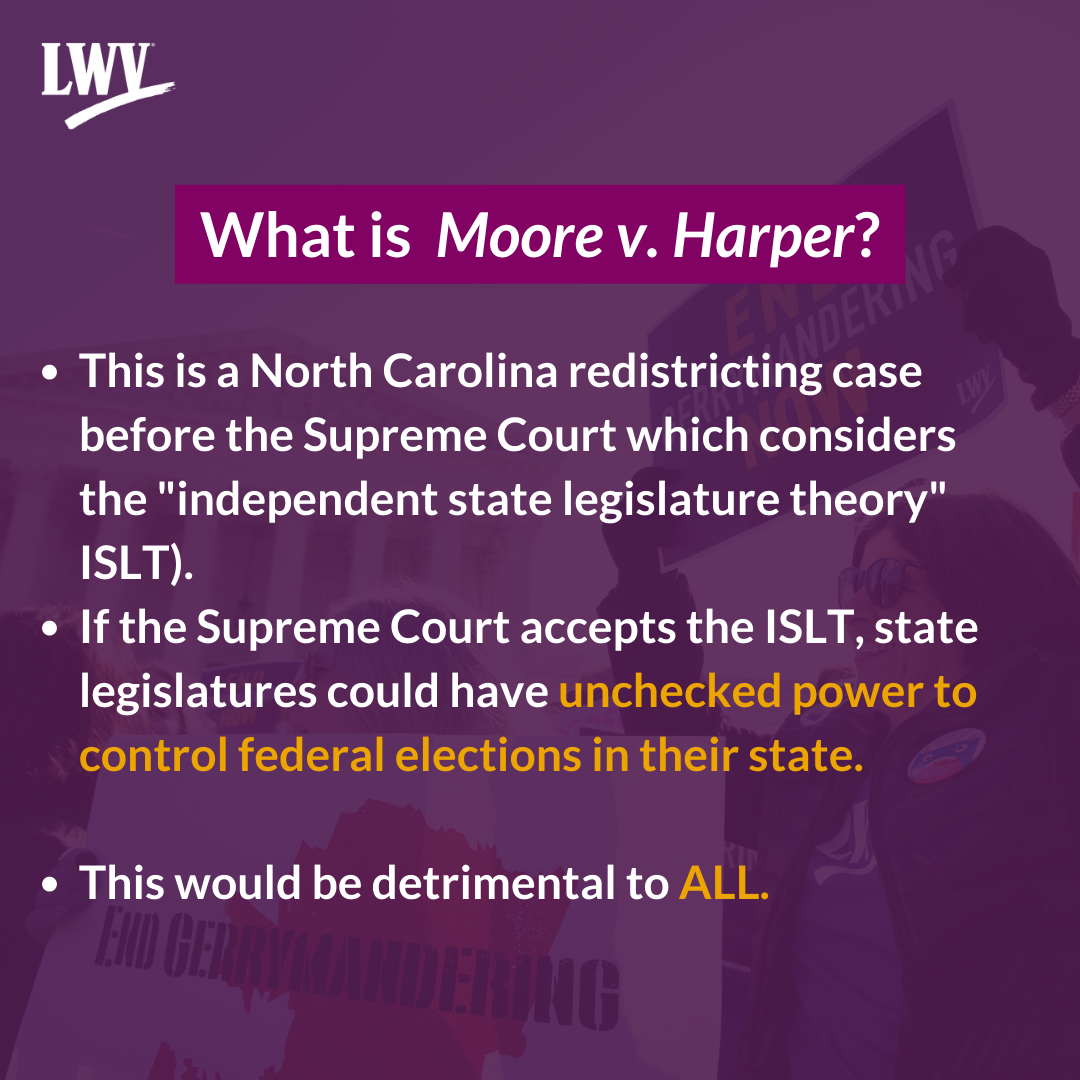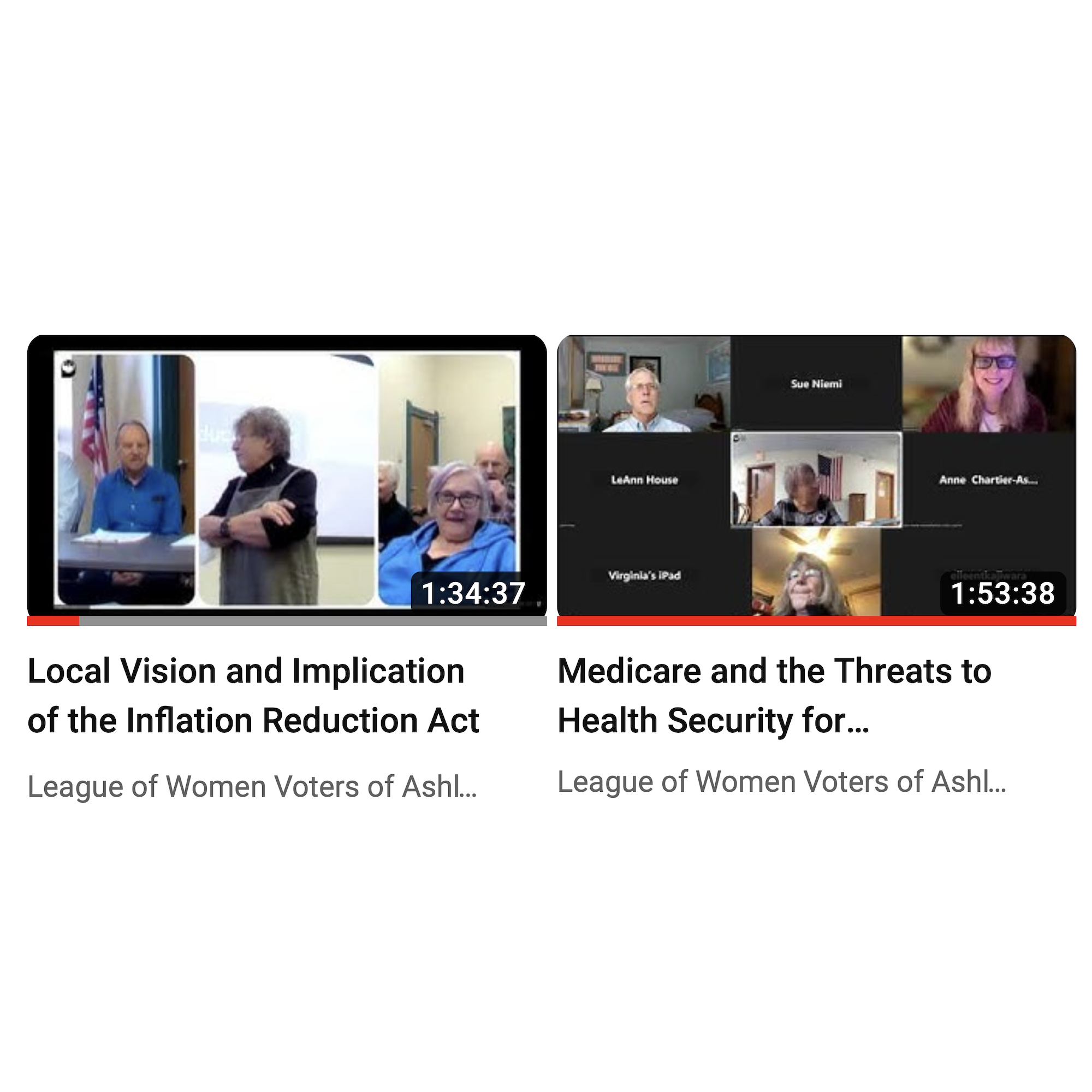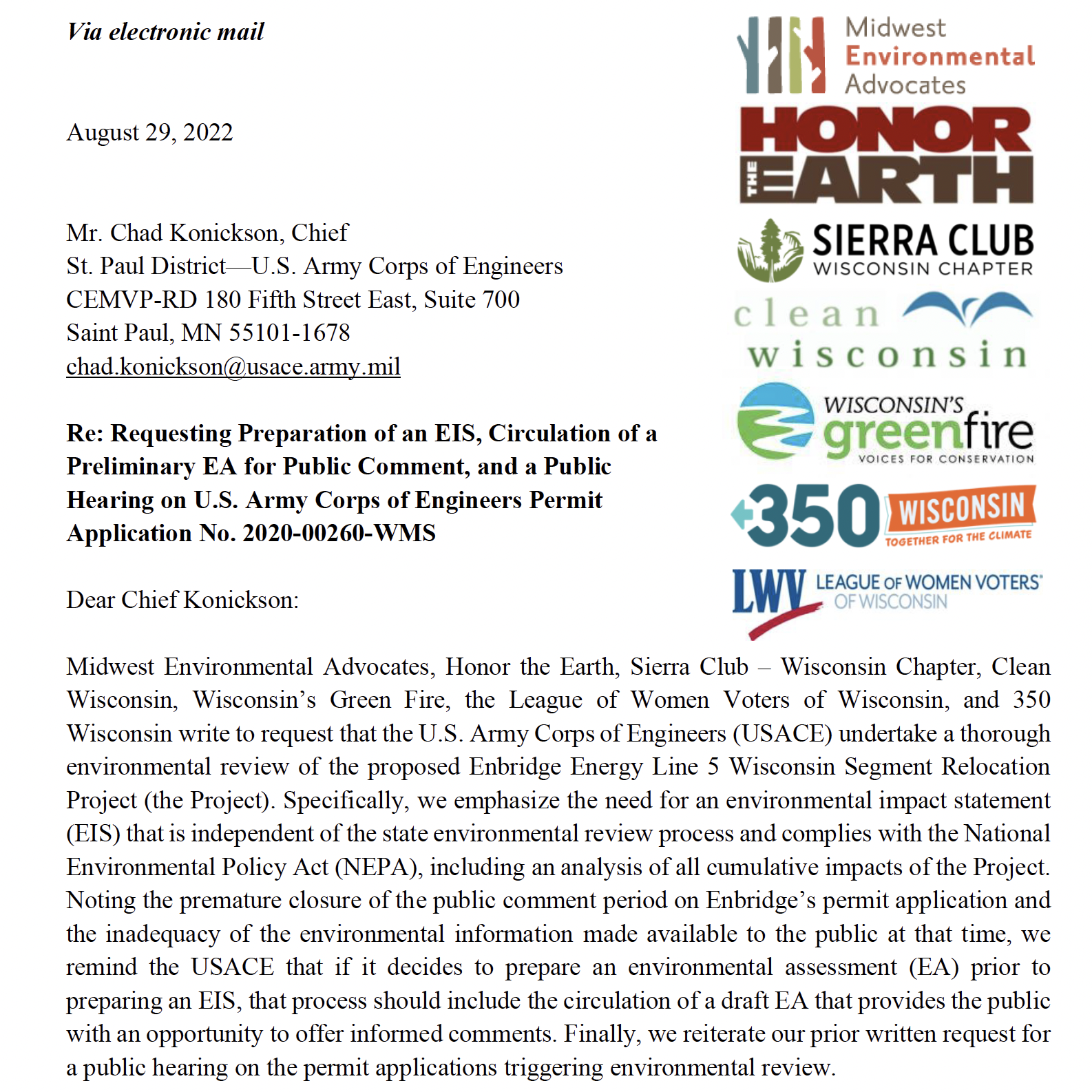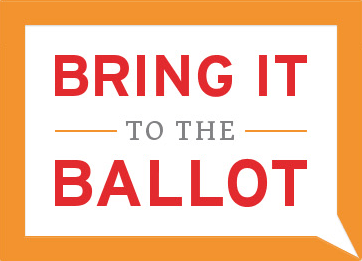LWV Article for The Bottom Line News and Views September 2019
/By Anne Chartier, President, League of Women Voters of Ashland and Bayfield Counties
Rick Olivo/Staff Photo, Ashland Daily Press
An Open Letter to the City of Ashland
Recently a group of staff from the City of Ashland, Ashland County, and Northland College partnered with the League of Women Voters of Ashland and Bayfield Counties’ Natural Resources Committee to host a two-part series on stormwater and wastewater overflows in the city of Ashland. At the public presentations, 8 speakers offered information explaining the city’s inflow and infiltration problems, aging infrastructure, and impacts due to heavy rain events, all of which have contributed to overflows into Lake Superior.
The group submitted this letter to Mayor Lewis, asking that she share it with the City Council, to summarize what has been learned from the presentations, our research, and participants’ evaluations of the programs to inform city leaders as they take next steps into solving the overflow issues.
Using feedback collected on evaluation forms at the two events, the following general perspectives were shared by participants:
· People are deeply connected to protecting the water quality of Lake Superior
· People want to learn more about what they can do in their homes and properties to minimize their impacts to city infrastructure especially during large rain events but are concerned about the cost
· People want to have opportunities to talk with city staff to give their ideas for improving the situation.
· People appreciated hearing city staff explain the causes of the overflows
After discussing this modest public input and analyzing speakers’ information, the group offers the following recommendations on this issue:
1. The city could investigate enacting an ordinance to address improper sump pump connections that can contribute water volumes into an already overburdened system. A mandatory inspection could be a requirement on all home sales within the city limits. Funding mechanisms to help offset homeowners’ costs should be investigated as well. The cities of Duluth and Superior have passed such an ordinance. Duluth’s public works staff and those at the Western Lake Superior Sanitary District (WLSSD) have said they are willing to talk about their ordinance and experiences either with Ashland staff directly or at a public meeting.
2. The city could form a task force or study group consisting of city staff, community members, NGOs, and businesses with expertise in stormwater and wastewater challenges and explore ways to resolve the problems such as:
· Talk with other communities to learn how they’re dealing with these issues and funding solutions
· Explore other communities’ policies to identify ordinances that could be adopted in Ashland.
· Invite key community leaders to tour the wastewater treatment facility to learn how it works; these civic leaders could inform other community groups and businesses and ask for their engagement in solutions.
3. The city of Ashland can take the lead in establishing and fostering a collaboration among city, community, county, tribal, and political entities to periodically review common issues and solutions related to excess water events.
4. Keep the public informed of plans and progress
The overflow group appreciates Mayor Lewis’s involvement with the programs and for allowing city staff to fully participate as planners and speakers. The group is willing to collaborate again to continue to inform the community with updates or developments, if needed. For example, homeowners we heard from seem unsure of what’s allowable or effective regarding sump pump connections and costs to comply with ordinances.
We appreciate the city’s dedicated leadership to resolve this challenging issue and look forward to a productive collaboration in the future.

